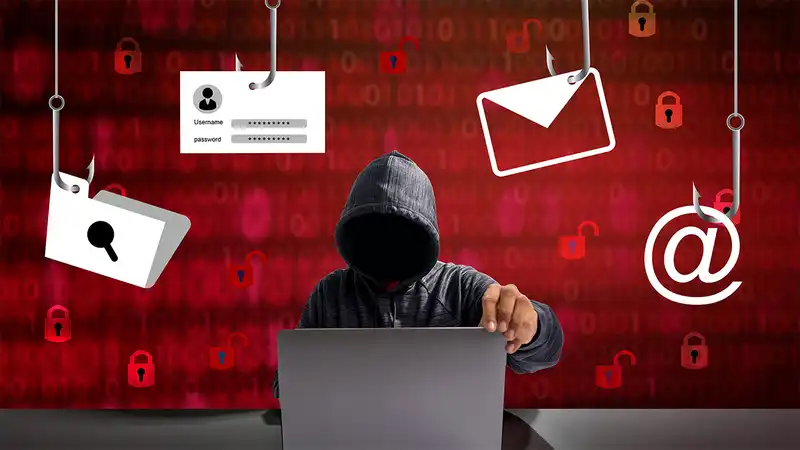Americans lost billions of dollars to cybercrime in 2023, according to a new study by Surfshark, one of the best VPN providers. Alaska tops the list with more than 500 complaints per 100,000 Internet users, nearly twice as many as the next highest state.
In 2023, the FBI will record a record 880,418 cybercrime complaints, representing a potential loss of over $12 billion. According to the Internet Crime Complaint Center (IC3), billions of dollars are lost to cybercrime in the United States, with Alaska alone accounting for $32 million. This averages more than $13,000 per complaint; compared to 2022, the average loss in Alaska has increased by about 24%, nearly doubling the overall monetary loss.
Extortion (40 per 100,000 users), personal data breaches (36 per 100,000 users), and unpaid/undelivered incidents (29 per 100,000 users) were the top three cybercrimes experienced by Alaskans. However, these crimes did not cause the most damage. Business email fraud (BEC) was the most damaging overall, causing an average financial loss of over $180,000 per victim.
Alaskans aged 30-39 accounted for 47% of all cybercrime victims, but victims aged 60 and older had the highest average losses, over $29,000 per victim. 60 and older represent 21% of the Alaskan population and BEC was the most costly cybercrime for this age group. The financial loss to victims of BEC was approximately $400,000, more than double the state average.
This data illustrates the dangers posed by cybercrime and its dire consequences. However, there are a number of steps that can be taken to protect oneself and one's business from becoming a victim of cybercrime.
For many people, the risks of the Internet and cybercrime are a cause for concern. Simple first steps include using strong, unique passwords and setting up two-factor authentication (2FA).
Using the same password for multiple accounts is discouraged, and passwords should not be weak and easy to guess. The easiest way to protect this practice is to use one of the best password managers, and some other privacy protection products, such as VPNs and antivirus software, come bundled with a password manager. 2FA provides a second layer of Add security. When you log in, you are asked to verify that it is you by receiving a pin or code on another device (often a phone). This can alert hackers trying to access your account.
Phishing scams are one of the most common forms of cybercrime. Phishing scams come in many forms, but the most common are those that masquerade as an email or text from a bank or social media company informing you that there is a problem with your account. Always look for obvious signs, such as poor English, typos, or suspicious URLs. If in doubt, always check with the account provider (especially when it comes to financial information). If there is a problem with your account, the bank will not contact you in this manner. In short, don't provide personal information online unless you are absolutely certain it is for a legitimate purpose.
A VPN is a great first step in protecting yourself from cybercrime, and the most secure VPNs offer many cybercrime prevention tools. All of our recommended VPNs offer a high level of data encryption, which means you can hide your Internet activity and IP address from potential hackers. Some offer additional features, such as Surfshark's Alternative ID and Alternative Number, for example. These provide a proxy number or address that can be used when prompted for personal information, so that if you start receiving spam or experience suspicious activity at these addresses, you can remove them and protect yourself from danger.
Malware and phishing protection is offered by several VPNs, and NordVPN's Threat Protection Pro performed very well in our tests. It blocked 87% of phishing sites and 79% of malware sites. Of the other recommended VPNs, Surfshark and Proton VPN also offer phishing and malware protection, but these did not perform as well as Nord's offerings. the VPNs do not protect you if you agree to data collection or provide any personal information, which It is worth noting that you cannot be protected, which is why it is important that you remain vigilant when it comes to cybercrime.
.









Comments